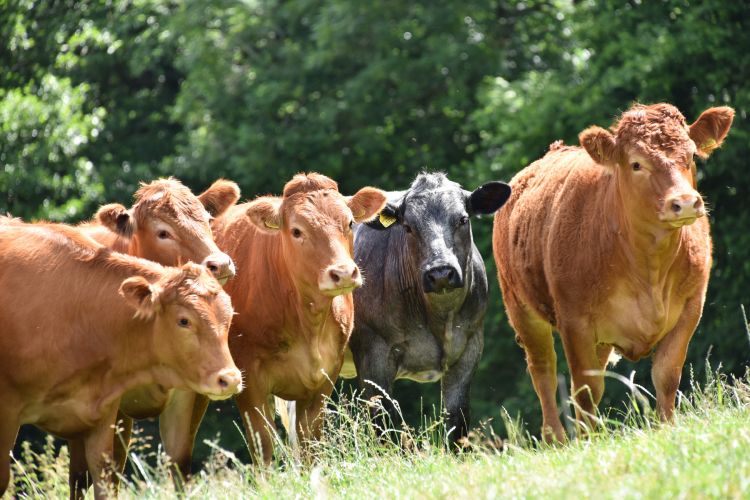
The Welsh beef sector is showing signs of 'longer term optimism' as well as the possibility of some positive price growth, new analysis says.
New calf registration numbers match other statistics showing supply tightening from the end of 2023 forward, according to analysist by Hybu Cig Cymru-Meat Promotion Wales (HCC).
The levy board explains that, after a more plentiful 2023, supply may contract if there is no recovery in registration numbers during the second half of 2023.
HCC reports that from January to July this year, total calf birth registrations in Wales fell by 2%, compared to the same period a year ago.
The British Cattle Movement Service (BCMS) registered almost 223,100 calves during the period – more than 5,000 calves less year-on-year.
“Trends across Britain reveal total calf registrations are down 2% to 1.5 million head,” explained Glesni Phillips, HCC’s market intelligence analyst.
“In Wales, we are seeing the least number of calf registrations recorded during the first half of the year since 2019.
“It’s a different trend to what we have seen to date in 2023; BCMS figures relating to the numbers of prime cattle on the ground currently suggest supply will remain plentiful during the remainder of this year- but it might well be tight from the end of next year.
“All in all, it would suggest that in late 2024 supply will reduce, and that should give the sector some optimism moving forward.”
Glesni said dairy female calves registered in the first six months of this year in Wales decreased by 6% compared to the same period a year ago, but dairy male numbers were down by a significant 20%.
She said: “Dairy male calf numbers have been in decline for some time, probably influenced by a combination of increased uptake of sexed semen on farm and new dairy calf management requirements.
"In 2021, males accounted for 37% of dairy registrations; now it’s just 30%. This will likely impact on the availability of animals for beef production within the supply chain.”
